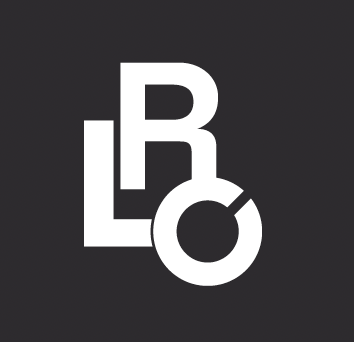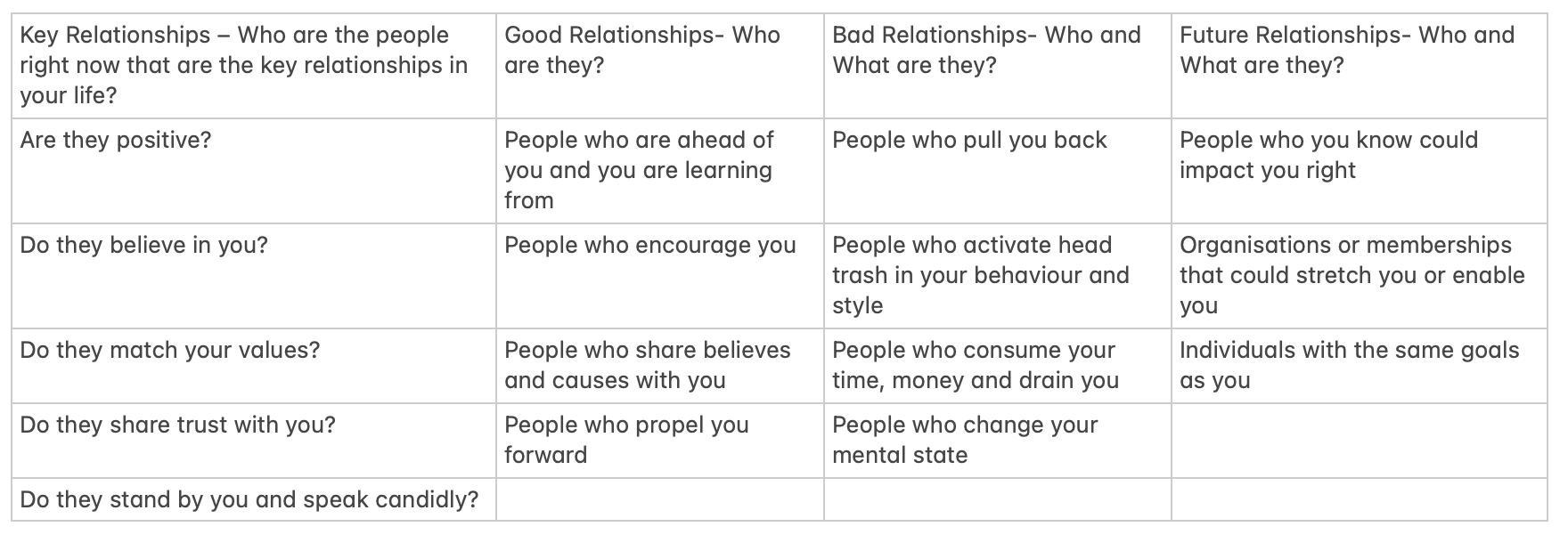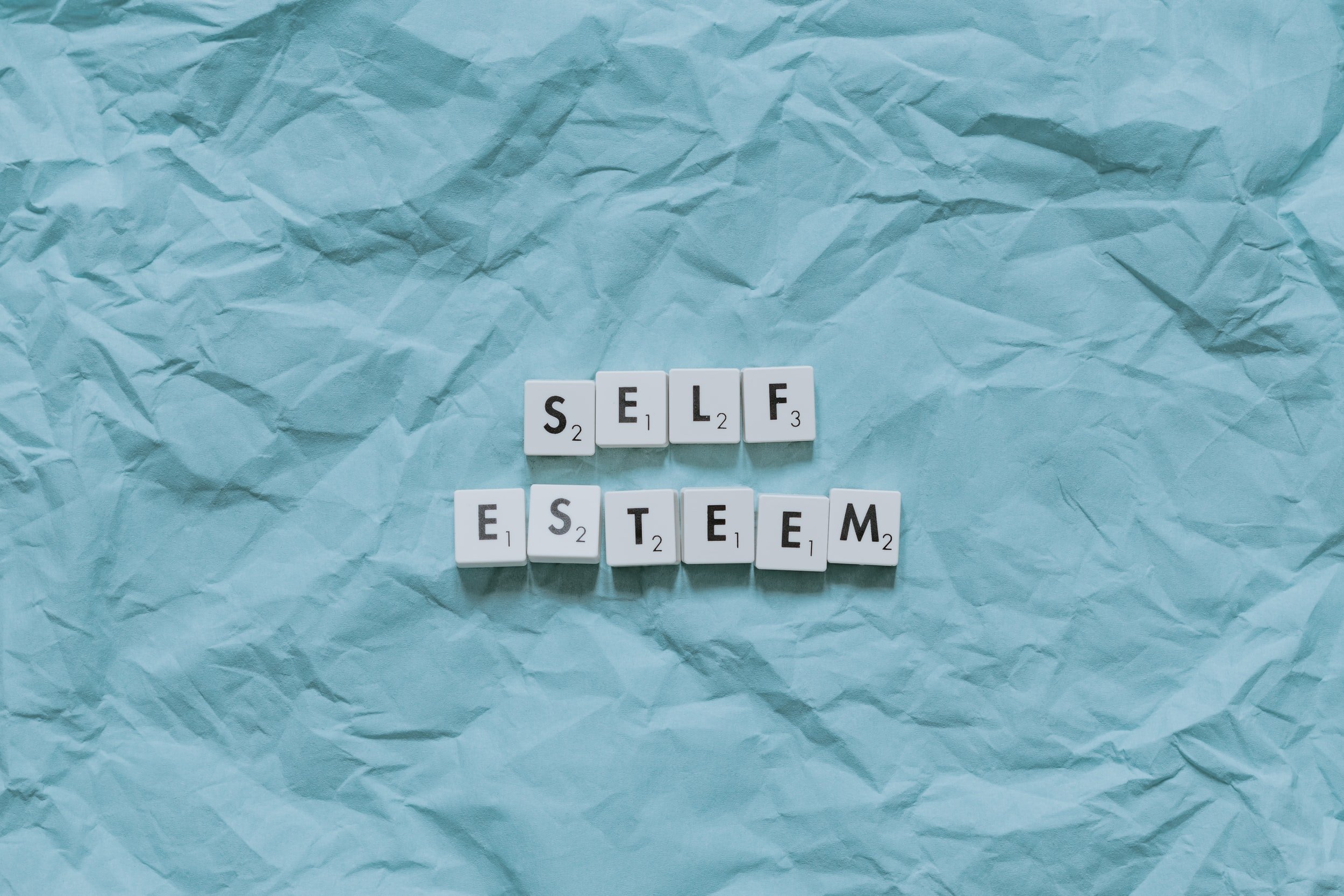Truth or Lies?
Do you lie? It’s not for me to judge or assume yet I can answer this that everyone lies. We’ve coached over the years hundreds, actually thousands of people if we review across 15 years of workshops, businesses, individuals and online programs to we have a lot of data that validates the lies we tell. We have experienced some momentous lies from clients and even our own team. Everybody lies. Everybody tells untruths.
Why lie?
Do we lie to hurt others mostly in our experience not? Most people lie to ease (or so they think) other peoples emotions or feelings. However, this is an assumption and is making up and believing you know what someone thinks and feels - nobody does (even if they tell you it may be a lie to themselves!) see it’s a big muddle of lies. When we lie we fall into intention versus manipulating.
Intentional lies are the ones we do because we think it’s ok- like telling someone it’s ok when it’s not as we don’t want to have to explain why not, Father Christmas is a real lie we tell children. We tell people at work we will stay connected when they leave! We lie on social media about our lives and how we live and feel. We build commissions to benefit the business and not the earner of them, we lie about the office supplies going missing? We say that we understand a new business concept when we don’t as we don’t want to appear anything other than the top of our ability. Every lie has a consequence and carries something that we have to have a truth session at some point even if it’s only an internal one.
Manipulating lies are the danger, red flags, totally untruths, exaggerated stories, enhanced CV’s to get the job you want without the competence or experience, personal impact and negativity to boost your own endeavours, relationship lies that betray trust and respect. Lies that damage both parties, as one lie always needs another one to validate it and the web of lies as we know can be never-ending until someone gets found out. The judicial and law process is fundamentally built on people.
We lie about many things the variety is well so huge from colour, weather, feelings, actions, results, social situations, relationships, happiness, sadness, wealth the list is endless. Ultimately societally we lie continuously and therefore we mediate to ourselves that it’s okay with cover stories of it’s okay I’m not doing harm or everyone does so I will too.
Lies at work and in business
We can look at a few reasons why we lie in the workplace
Insecurity in role , skill, competence
Wanting to impress others
Started a business as a passion and it s now a chore
Money worries
Sickness or ill health
Breadwinner and no one else can provide for your family
Make yourself feel better
Comparison to others
Bad boss, poor manager
No relationship with colleagues or over friendly with collegaues
Poor behaviours and toxic culture
Everyone else does it so join in, why not
Fear of being caught out, not knowing
Not asking questions
Not learning
New in the role or been there for decades in role
Desire to progress
Want to be seen
Living beyond or to our means (creating risk and fear)
Unhappy in the work you do
Being focussed on external factors not internal
Unhappy personally
Life is unbalanced so you attempt to create one that isn’t
Laziness
Stubbornness
Think you should make it up
The list is one that is relative and personal to the individual, business or role you are in at the time. The reality is that lies help us (or we think they do), they allow us to avoid or deal with difficult situations. LIes boost us and can also energise us if we get away with them. Lies give us a reason and can validate us not doing things we should or can. The critical part of it all is do you lie? Or do you have colleagues, employees, managers leaders that do- what can you do to manage that?
How to manage lies personally and professionally. First, call yourself out, correct yourself regularly and ensure that you start to explore why you tell lies in any form. Managing your own story lies is easier than other peoples story lies.
The difficulty is when it’s someone else lying you have to decide whether it becomes your lie if you choose to acknowledge and accept their lie! Catch 22. Be specific- ask is that true? If it’s a challenge of them telling compounding lies ask them to confirm what they had previously said and they say oh you didn’t say that. Less is more when we challenge someone else’s lies- it’s not about winning its’ about identifying you have noted and experienced their lie and that is your only role in the process. We would teach the technique of story lies.
“You are only responsible for your communication, truth and reactions not how some else chooses to respond or react.”
RLC Story Lies Technique
We call them story lies. We will explore what we see the main ones are and how you can overcome, work through and help yourself (and others) .These are the ‘lies’ we may find hidden in the stories we tell ourselves. We don’t mean intentional or manipulation lies, the white lie or the deception. What we mean here at RLC is lies that seem like they are true. They are usually found in the following areas:
RELATIONSHIPS
HEAD TRASH/SELF TALK
HABITS
TIME
OLD SCRIPTS
FAMILY
PRIDE
You can self coach this technique or use it within your business to explore how to aid others in their own learning and self lies.
Our Relationships
We are a reflection of the people we choose to spend time with. Whether it is the main 5 or six people or our entire friend/family/work/ business network. Ask yourself who are they? What type of relationships have you got. Do you want?
Looking at each of these in detail in your life, your role, your business can truly make an impact in how you improve how you tell your stpry, react, respond and create real conversations without lies to uphold them.
-
Key Relationships – Who are the people right now that are the key relationships in your life?
Do they enable you to be at your best? Do they stand by you and speak candidly?
Are they positive?
Do they believe in you?
Do they match your values?
Do they share trust with you?
Do they stand by you and speak candidly?
-
People who are ahead of you and you are learning from
People who encourage you
People who share believes and causes with you
People who propel you forward
-
Bad Relationships
People who pull you back
People who activate head trash in your behaviour and style
People who consume your time, money and drain you
People who change your mental state
-
Your Future Relationships
People who you know could impact you right
Organisations or memberships that could stretch you or enable you
Individuals with the same goals as you
Head Trash and Self Talk
We all have an internal dialogue , voice or imagery that we communicate and comment to self about. This can be positive or negative, indifferent yet it has a hge impact on us and needs to be one we manage effectively.
What we say to ourselves – good and bad
Situations we feel uncomfortable about or have had bad experiences with before
People who have a negative effect on us as soon as we seen them or are in the same space as them we respond negatively
Other mental anchors again good, bad or neutral
Poor Habits
Our habits can create story lies, things that you do habitually from a start of a daily routine- examples: how you choose to rest, your nutrition, doing and booking in recovery, your belief habits and mind control. The example is we can say we do things habitually, and we can generalise, embellish and overestimate how well we do something habitually. Knowing what habits you have is the starting point and then identifying whether it is a good habit or built on a story lie?
Definition of a habit -“Are the small decisions you make and actions you perform every day.”
James Clear Atomic Habits
Old Scripts
The things we say to ourselves to avoid, do, ignore, act on, choose
This works for me
I always do it this way
This work for me
It’s just my way
Because I do
The word used here is I always
We did this in the “old days”
I was brought up that way so cant change
Our old scripts are also based around generalised non-specific statements so be aware of when you start to generalise as this will alert you if this is a trigger to lie.
Time
Time is a currency, we either invest it or waste it, it is something we cannot get enough of and will always run out. The key as a coach and adviser is to use it with wisdom and invest it.
Time excuses
I don’t have enough time
There is no time
It is not the right time
I am too busy
I have too much to do
You have a list of conditions before starting
Encourage yourself to recognise that time is best used and not left idle. Remembering Small things that get done every day, eventually becomes an aggregate of stuff getting done all the time.
Pride
Ever heard of the saying ‘Pride comes before a fall’ – in coaching and business, it is often when we fail to do a couple of critical things. Where pride is in play, it is the space for us to challenge it with candour and skill to ask the businesses we coach to consider, work through their impact and perspective. To aid in pride not being the rationale for lies consider the following:
Ask for help
Recognise we don’t know enough about our challenges
Be aware of our shortfalls- be self aware (get feedback)
Not to ignore the signs and symptoms of change
Remember pride become arrognace and ignorance if har boured as we can believe we are better than the people we lead, serve or coach.
Family
We lie to our family, our inner relationships for many reasons. Fears, security, legacy, money, thinking we are letting other’s down, sibling rivalry, loss, grief so much. We assume we know our parents, our siblings. We believe we know what someone is thinking or feeling more so when they are family as we must do its biological after all? Family can be our rawest pain and biggest vulnerability and being able to uncover what this means to you is key to aid in overcoming the lies we tell.
Brene Brown, in her research around shame and vulnerability, uncovered a common phrase people used to cope with being able to be first vulnerable and second active in moving away from the thoughts they were having.
…..“The story I am telling myself is”
Summary
Our lies come from our beliefs and as we can pick up and drop these as quickly and some are so embedded we forget we can and do have the ability to change them.
Belief itself is situated within a lie! Be-lie-f .
Using the Story Lies technique and questioning you can start to explore and understand better why you may lie and how you can work towards a more direct, open, frank, truthful, transparent.
Honesty is our truth that starts with self.
Our truth is our capactity to understand our lies (and why)
Our lies tell us what we need to focus on if we want and choose change to make a difference.
References
Ian Leslie
Seth Stephen-Davidowitz
RLC Story Lies workbook










